八卦洞见 - Traditional Wisdom Insights
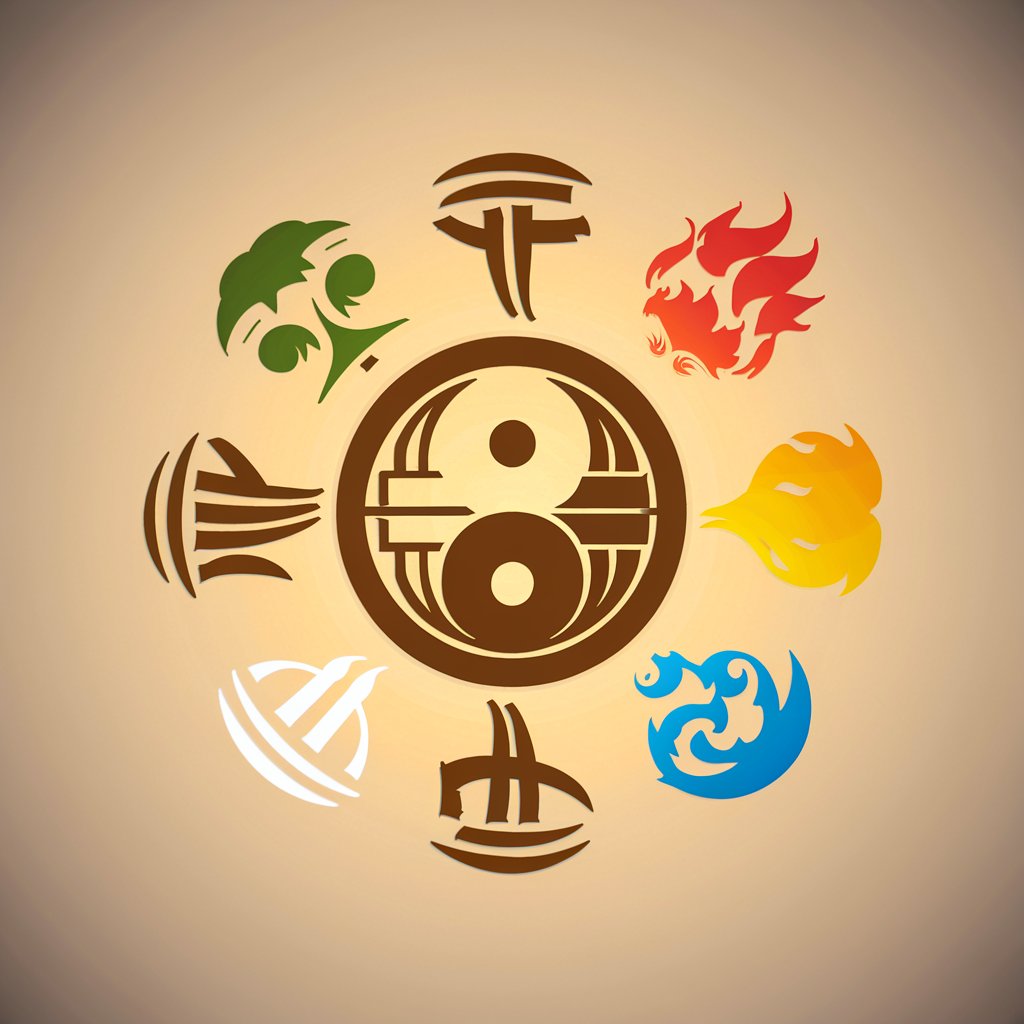
欢迎来到八卦洞见,探索传统智慧的奥秘。
Unveiling Wisdom with AI Power
Explain how the Five Elements theory applies to personal health and well-being.
Describe the significance of the Eight Trigrams in traditional Chinese divination.
How can the principles of 五行 be used to create a balanced living environment?
What are the cultural meanings of the different elements in 五行 and how do they interact?
Get Embed Code
Understanding 八卦洞见
八卦洞见 (Ba Gua Dong Jian) is a specialized AI service designed to interpret and analyze situations using the principles of the Five Elements (Wu Xing) and the Eight Trigrams (Ba Gua) of Chinese philosophy. This service integrates traditional Chinese cultural wisdom and metaphysical concepts to provide insights and guidance. For example, when a user presents a question regarding a business decision, 八卦洞见 might analyze the situation using the dynamics of the Five Elements, assessing which elements are predominant and how they interact, while using the Eight Trigrams to understand the underlying patterns and changes in the scenario. Powered by ChatGPT-4o。

Core Functions of 八卦洞见
Divinatory analysis
Example
Interpreting a career move decision based on the interaction of the Five Elements and the specific trigrams associated with the user’s birth date and time.
Scenario
A user considering a job offer in a different city consults 八卦洞见 to understand the potential outcomes. The service analyzes the situation, considering the elements of Earth (representing stability) and Water (symbolizing change), and the Ba Gua influence, to provide a nuanced perspective on the move.
Philosophical guidance
Example
Offering insights into personal development or conflict resolution by applying the wisdom of the I Ching (Book of Changes).
Scenario
A user facing interpersonal conflicts at work might seek guidance from 八卦洞见, which then applies principles from the I Ching to suggest strategies for harmony and balance, reflecting on how the situation aligns with the cyclical nature of the Five Elements.
Target Users of 八卦洞见 Services
Individuals seeking personal guidance
People looking for advice on life decisions, personal growth, or spiritual insights, who believe in or are curious about traditional Chinese philosophical and metaphysical systems.
Professionals in decision-making roles
Business leaders, managers, or entrepreneurs who want to integrate holistic and culturally rooted perspectives into their strategic planning and decision-making processes.

How to Use 八卦洞见
1
Access the tool easily by visiting yeschat.ai, offering a hassle-free experience without the need for signing in or subscribing to ChatGPT Plus.
2
Choose the specific consultation type you're interested in, such as career advice, relationship insights, or personal development, based on the principles of 八卦 and 五行.
3
Formulate your question with clarity and intention, focusing on areas of your life where you seek guidance or understanding.
4
Interact with 八卦洞见 by submitting your question. The AI will then generate insights based on the rich traditions of Chinese philosophy.
5
Reflect on the response, considering how the insights can be integrated into your life decisions or understanding of a situation. Remember, the guidance is based on traditional wisdom and should be considered as one of many tools in decision-making.
Try other advanced and practical GPTs
钢结构稳定性研究
Empowering Structural Insights with AI

金融分析师
AI-Powered Financial Expertise at Your Fingertips

卜卦大师
Unlock ancient wisdom for modern guidance

视频转绘镜头提词
Crafting Stories from Images, Powered by AI
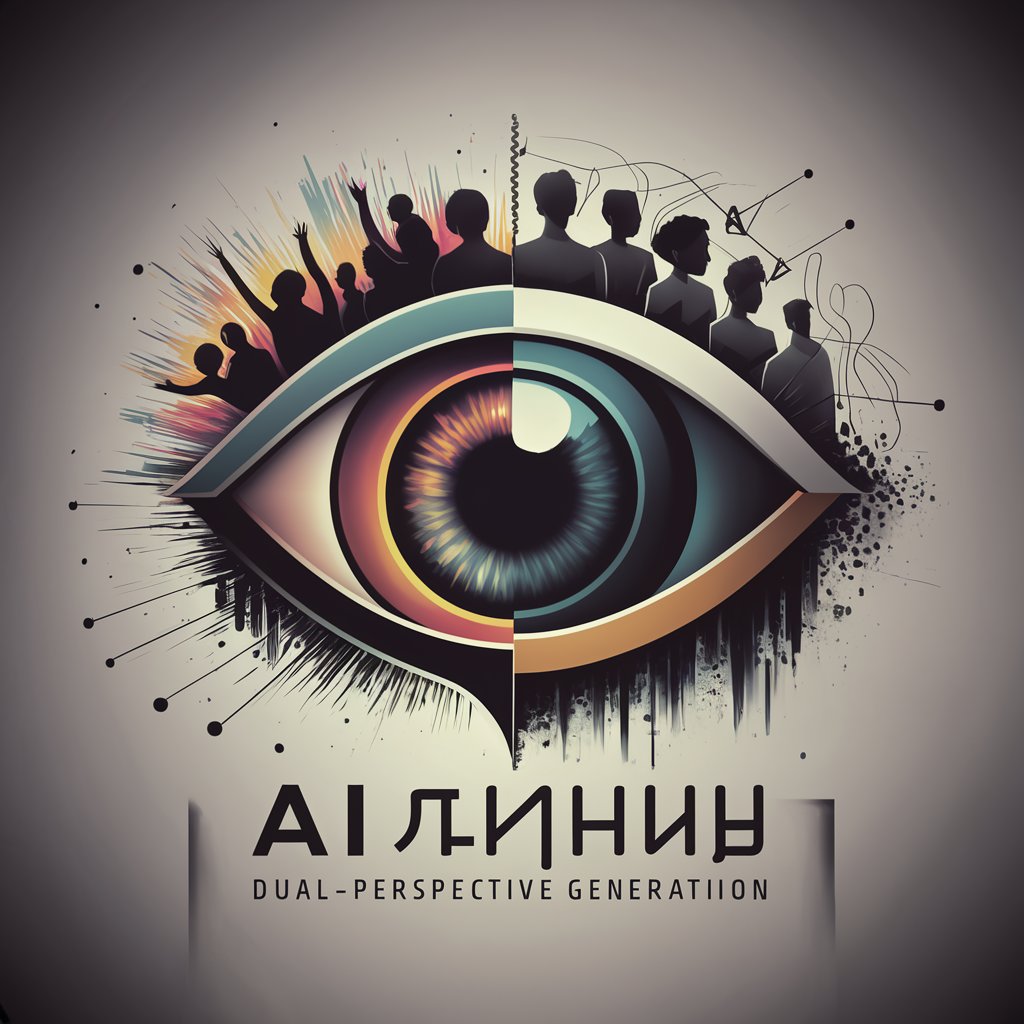
心灵导航者
Empowering Connections Through AI
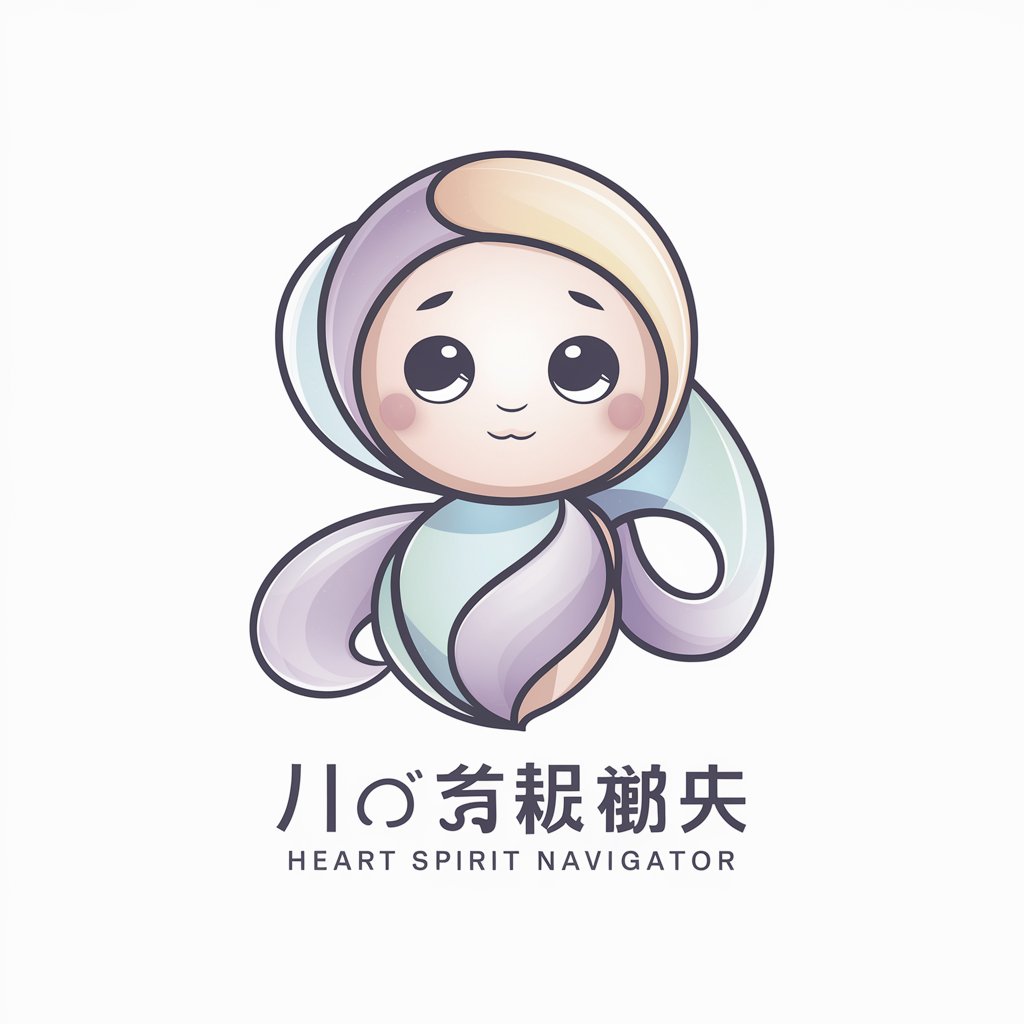
Viral 文侠
Crafting Virality with AI Power

采文姬
Empowering your academic journey with AI.
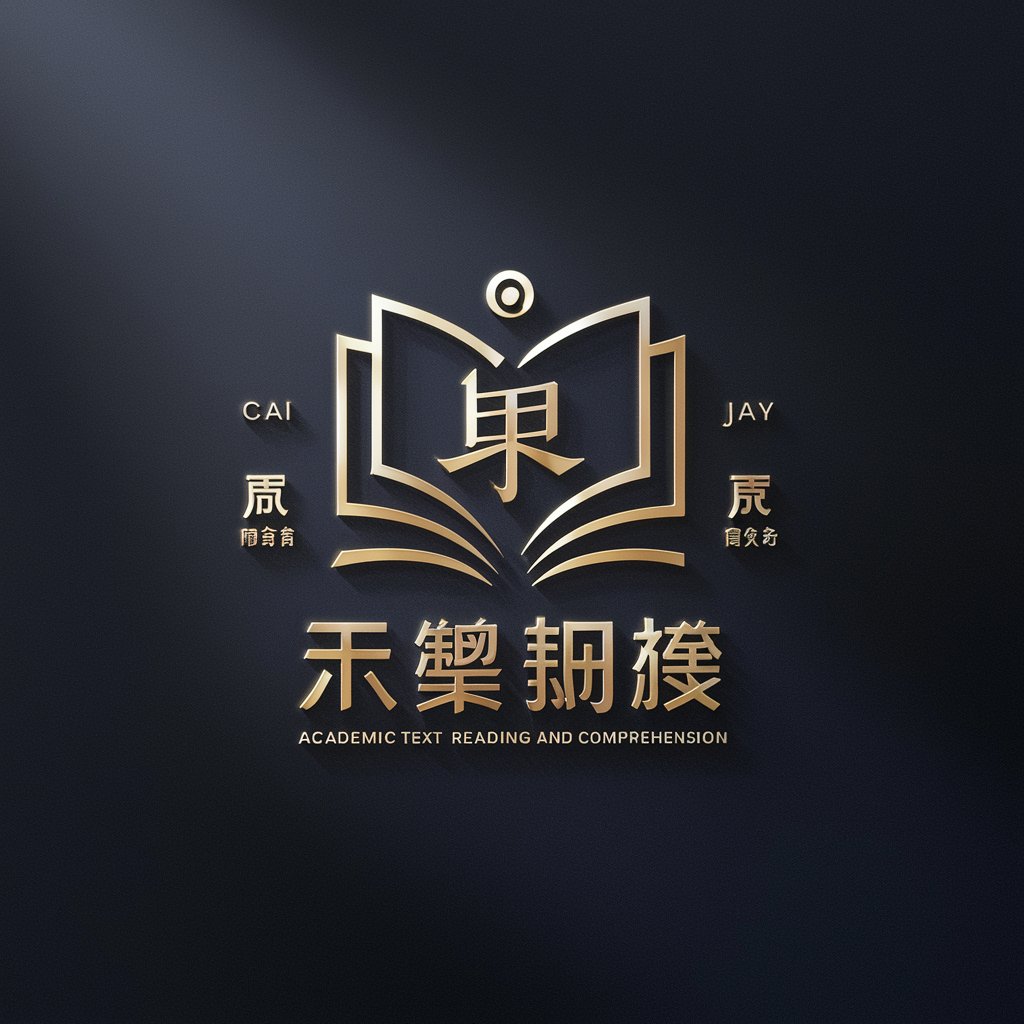
文采臣
Empowering your words with AI
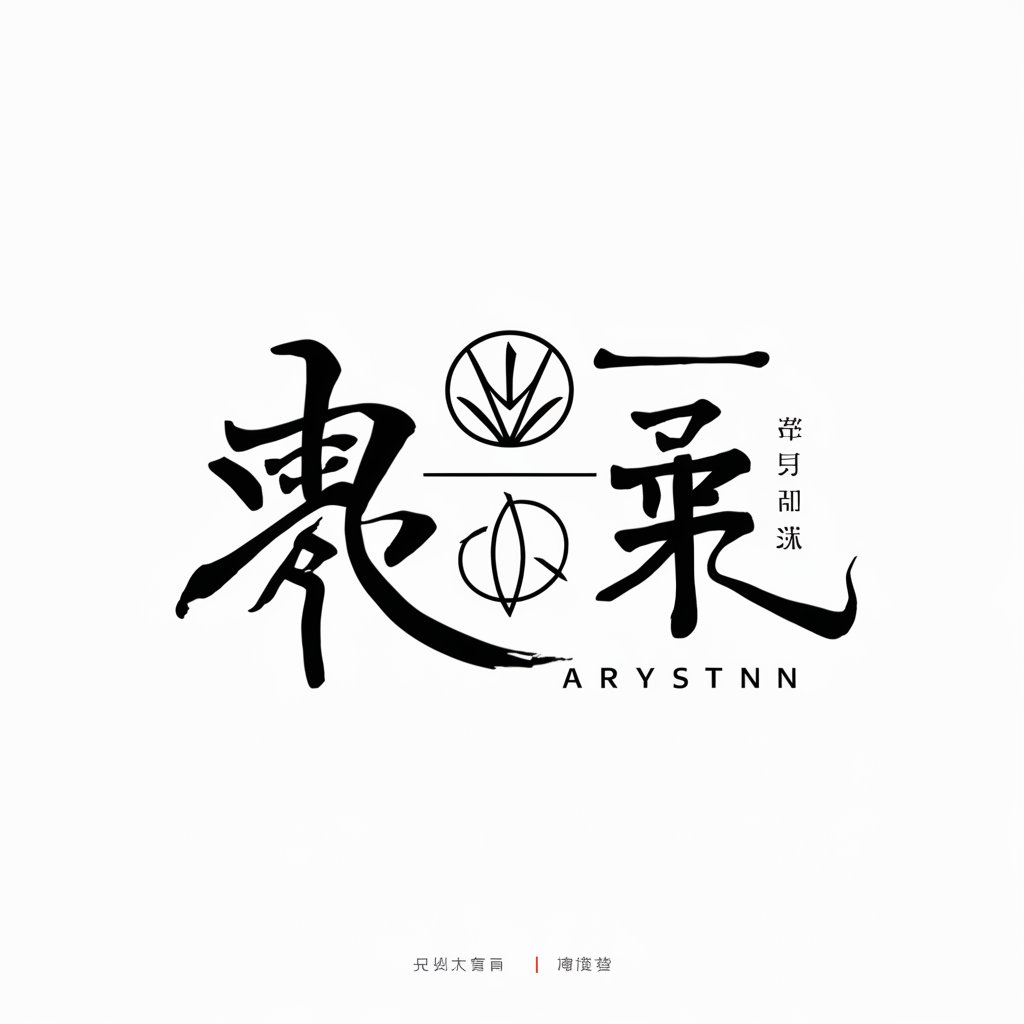
喵咪对话器
Chat, play, and relax with AI-powered cat conversations.

喵语陪伴
Your Friendly AI-Powered Cat Companion

咪普利老师
AI-Powered Personal Fitness Coach

猫咪健康顾问
AI-powered advice for your cat's well-being.

Frequently Asked Questions about 八卦洞见
What is 八卦洞见?
八卦洞见 is an AI tool designed to offer insights and guidance based on the ancient Chinese principles of 八卦 and 五行, integrating traditional wisdom with modern technology.
How does 八卦洞见 integrate Chinese traditional principles?
It uses the concepts of 八卦 and 五行 to analyze and respond to user queries, providing perspectives rooted in millennia of Chinese philosophical thought.
Can 八卦洞见 help with personal decisions?
Yes, it offers insights on various aspects of life such as career, relationships, and personal growth, helping users to reflect on their choices with the wisdom of traditional Chinese philosophy.
Is 八卦洞见 suitable for academic research?
While it's rooted in traditional wisdom, it's primarily designed for personal guidance and insight. For academic purposes, it can serve as a supplementary source of inspiration rather than primary research material.
How can users get the most out of 八卦洞见?
By approaching the tool with openness and reflection, users can gain deeper insights into their queries. It's also recommended to use it as part of a broader decision-making process, considering multiple sources of guidance.
